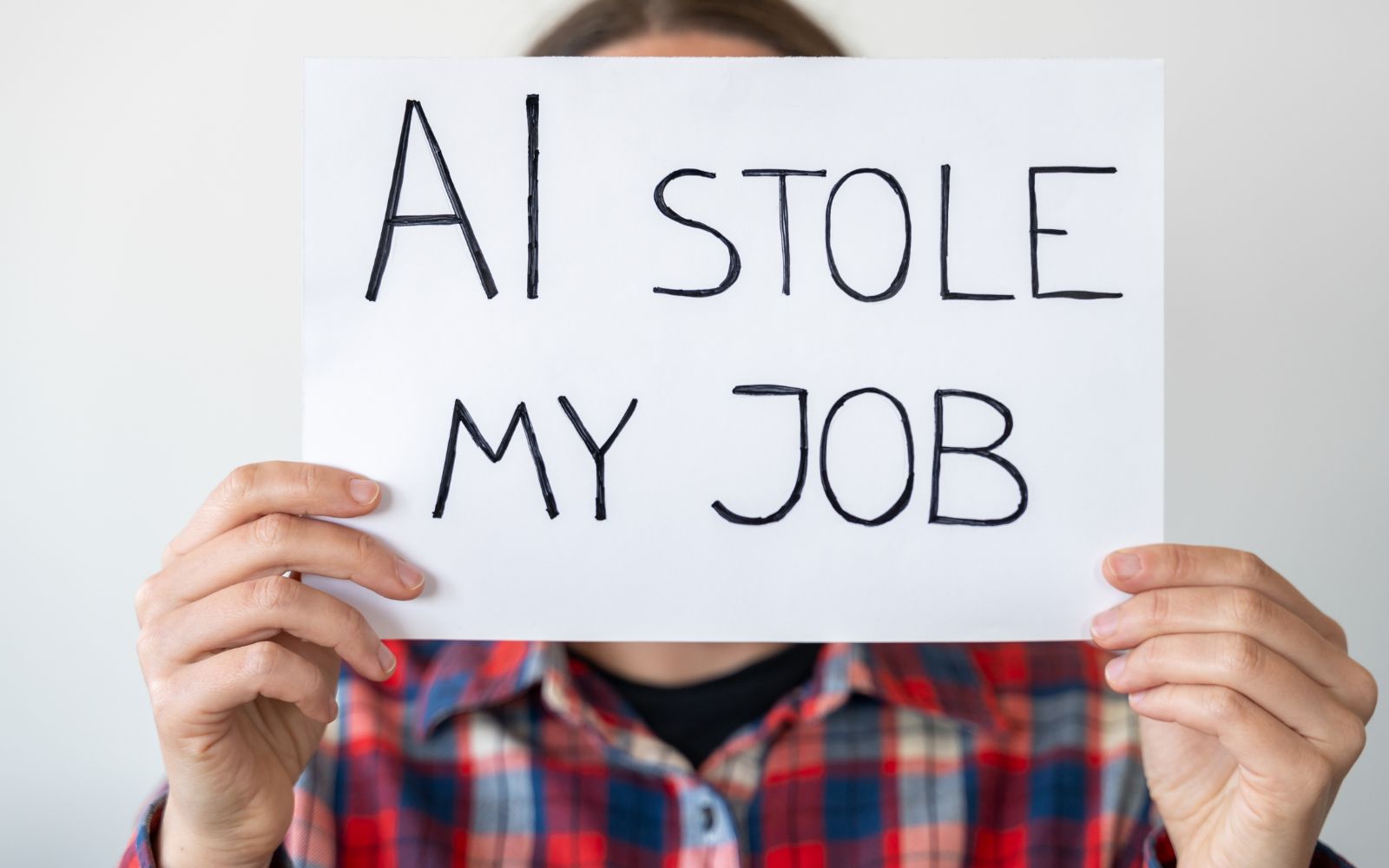
As AI technology continues to advance, its impact on the job market is becoming more significant. Here are over 20 essential statistics that illustrate how AI is reshaping the world of work in 2024.

AI’s influence on the workforce is undeniable. According to a report by PwC, up to 30% of jobs could be automated by the mid-2030s. This shift is driven by AI’s ability to perform tasks more efficiently and accurately than humans in many sectors.
A study by McKinsey Global Institute found that by 2030, 400 to 800 million jobs could be automated worldwide. This automation is most prevalent in industries such as manufacturing, retail, and customer service, where repetitive tasks are common.
The tech industry is at the forefront of AI adoption. Companies like Google and IBM are investing heavily in AI research and development. Sundar Pichai, CEO of Google, stated, “AI is one of the most important things humanity is working on. It is more profound than electricity or fire.”
The service sector is also experiencing significant changes due to AI. A report from Gartner predicts that by 2025, AI will eliminate 1.8 million jobs but will create 2.3 million new ones. This net positive impact highlights the potential for AI to transform the job market positively.
AI is revolutionizing marketing and communications jobs by automating data analysis and personalizing customer interactions. Companies are using AI to improve marketing strategies and enhance customer experience. This shift requires new skills, leading to job transformation rather than elimination.
The healthcare industry is embracing AI for diagnostics, treatment planning, and patient care. According to Accenture, AI applications in healthcare could save $150 billion annually by 2026. This technology improves efficiency and reduces human error, enhancing patient outcomes.
Financial services are another sector significantly impacted by AI. AI algorithms are used for fraud detection, risk management, and customer service automation. A report by Deloitte highlights that 56% of financial services firms have implemented AI in their operations, reflecting its growing importance.
Manufacturing is one of the industries most affected by AI and automation. Robots and AI systems are taking over repetitive tasks, increasing productivity and reducing costs. According to a report by Oxford Economics, 20 million manufacturing jobs could be replaced by robots by 2030.
Despite concerns about job displacement, AI is also creating new job opportunities. Forrester Research predicts that AI will create 9% of new jobs in the U.S. by 2025, including roles in data science, software development, and AI maintenance.
The education sector is adapting to prepare students for an AI-driven job market. Educational institutions are incorporating AI and machine learning into their curricula to equip students with relevant skills. This shift ensures that future generations are ready to thrive in an AI-dominated world.
AI is transforming agriculture by optimizing crop management and improving yield predictions. Farmers are using AI-powered tools to monitor soil health and weather patterns, enhancing productivity. This technology is crucial for addressing global food security challenges.
The transportation industry is undergoing a revolution with the advent of autonomous vehicles and AI-driven logistics. According to a report by McKinsey, self-driving cars could reduce accidents by 90%, saving lives and reducing economic costs associated with traffic incidents.
As AI continues to reshape the job market, professional training and job support solutions become essential. Kalkey offers training programs and freelancing opportunities for those looking to adapt to the changing landscape. These services help individuals stay competitive in the evolving job market.
SMEs are leveraging AI to enhance their operations and compete with larger firms. AI tools help SMEs optimize their supply chains, improve customer service, and drive innovation. This technology levels the playing field, allowing smaller companies to thrive.
As AI becomes more prevalent, ethical considerations are crucial. Companies must ensure that AI systems are transparent and unbiased. Tim Cook, CEO of Apple, emphasized, “Technology must have a human touch. AI should be developed with a focus on privacy, security, and ethics.”
AI has the potential to improve workforce diversity by reducing human bias in hiring processes. AI-driven recruitment tools can analyze candidates’ skills and qualifications objectively, promoting a more inclusive work environment.
AI is revolutionizing customer service by automating responses and providing 24/7 support. Chatbots and virtual assistants are becoming common, enhancing customer experience and freeing human agents to handle complex queries.
Governments play a crucial role in managing the impact of AI on the job market. Policies that promote AI education, support displaced workers, and encourage ethical AI development are essential for a smooth transition to an AI-driven economy.
The retail industry is harnessing AI for personalized shopping experiences and inventory management. AI tools analyze consumer behavior to recommend products and optimize stock levels, improving efficiency and customer satisfaction.
The future of AI holds immense potential. Experts believe that AI will continue to drive innovation across various sectors. “AI is the future of the job market,” says Kai-Fu Lee, a leading AI expert. This technology will shape industries and create new opportunities for growth and development.
The statistics on AI replacing jobs in 2024 illustrate the profound impact of this technology on the workforce. While AI poses challenges, it also offers opportunities for job creation and economic growth. Companies, governments, and individuals must work together to navigate this transition, ensuring that AI benefits society as a whole.
Professional training and job support solutions from brands like Kalkey are essential for adapting to the AI-driven job market. By embracing these changes and focusing on sustainable development, the future of AI can be a positive force for progress and innovation.